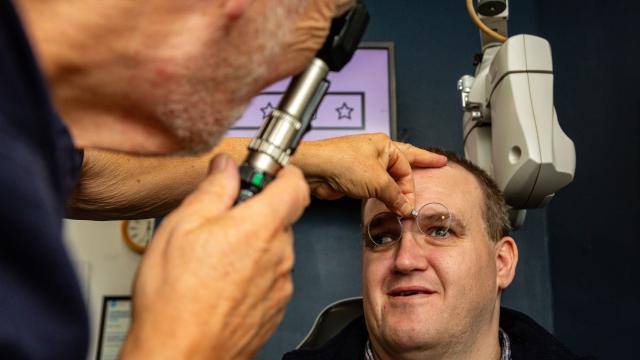If things go wrong (easy read)
What to do if things go wrong on your visit to the optician.
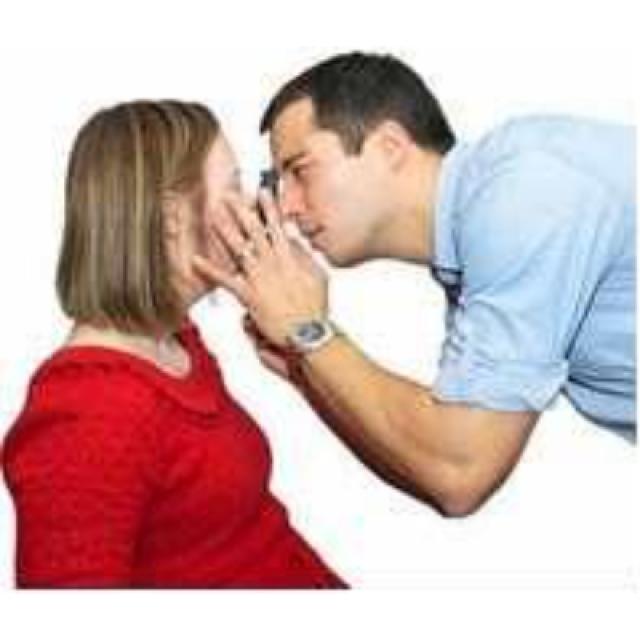
Having an eye test at the opticians is very important.

Opticians test your eyes.
They are also called optometrists.
We call them opticians in this factsheet.

People with learning disabilities should have an eye test every year.
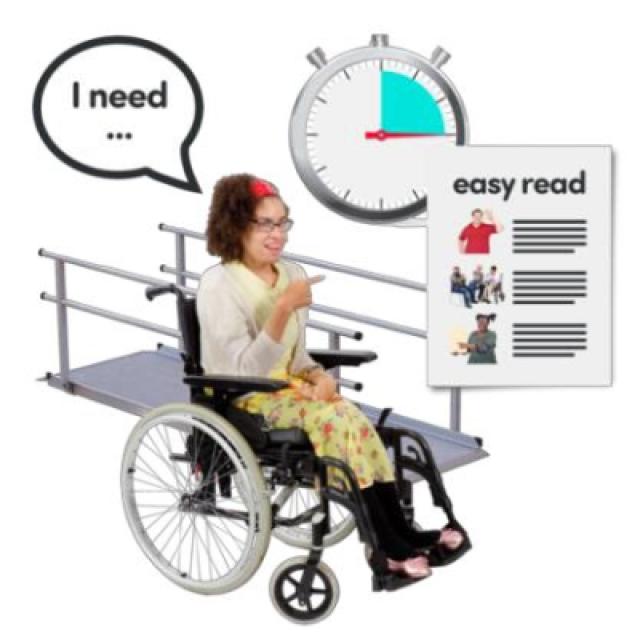
The optician should make Reasonable Adjustments.
This means they should help you to get the eye test you need.

In this factsheet we will tell you what should happen when you visit the opticians.

You should be happy with your eye test.

If you have glasses, you should be happy with these.
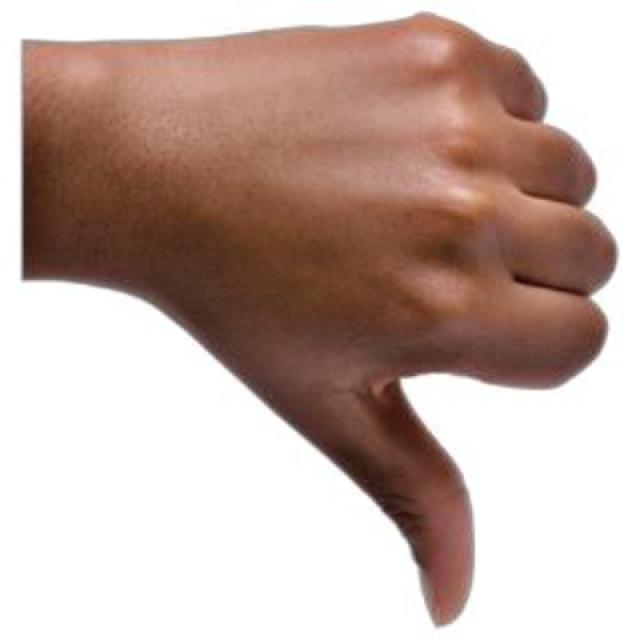
This factsheet tells you what to do if you are not happy with your visit to the opticians.
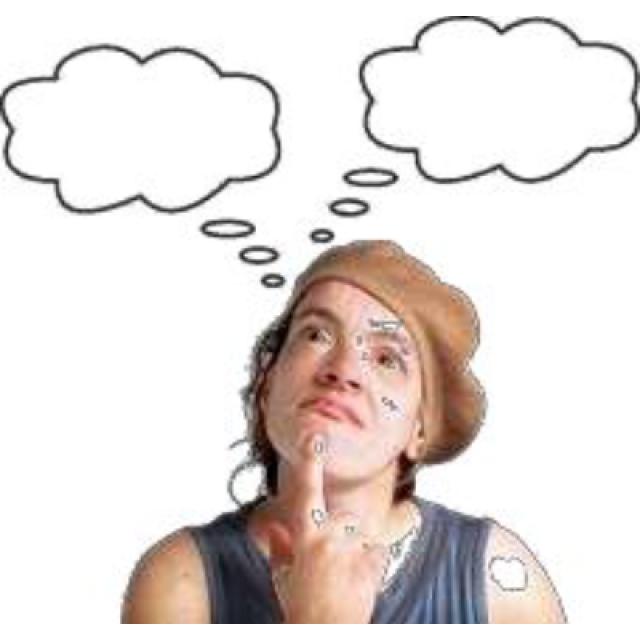
You can choose to have your eye test at any optician.
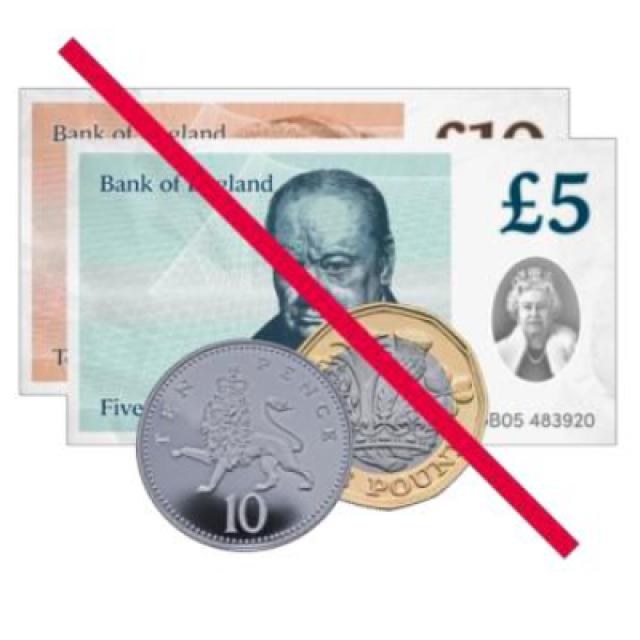
Some people can have a free eye test.
You can ask the optician about this when you book your eye test.
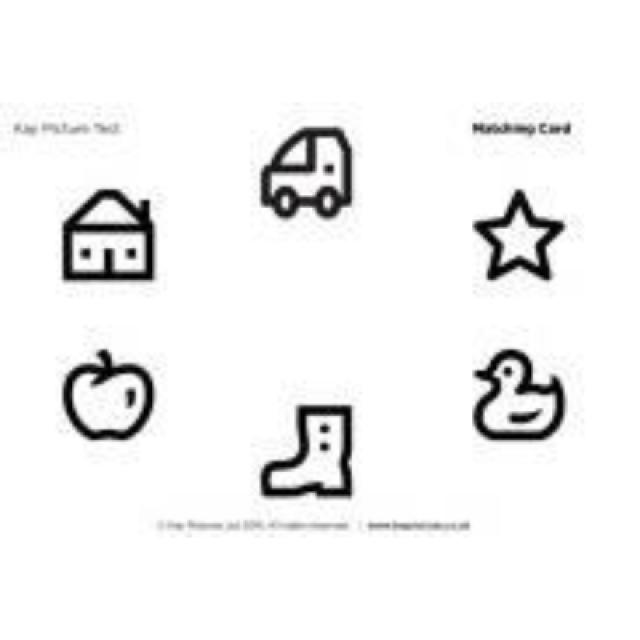
Your optician should do lots of different tests.
They should tell you what will happen before they do it.
After the eye test, your optician will write about your eyesight and glasses if you need them. This is called a prescription. The optician must give you a copy of your prescription. Your prescription might look like the picture below.

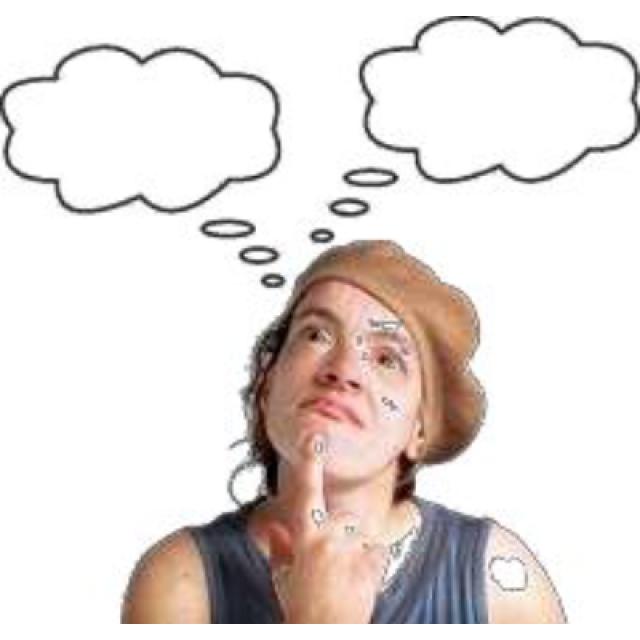
You can take your prescription to choose your glasses from a different optician if you want to.
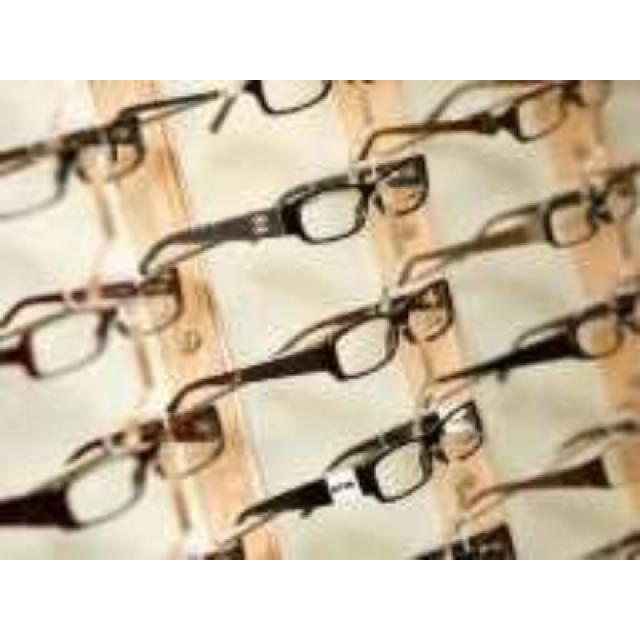
The optician should give you a choice of different frames and lenses.
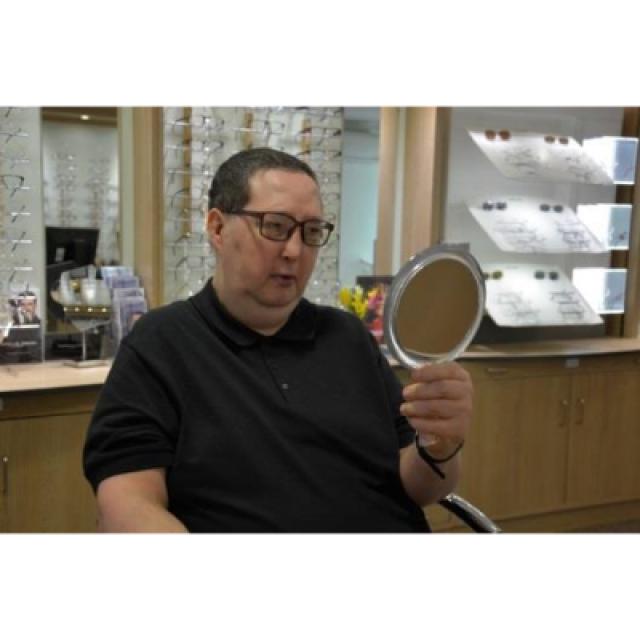
The optician should give you advice on which glasses will be best for you.
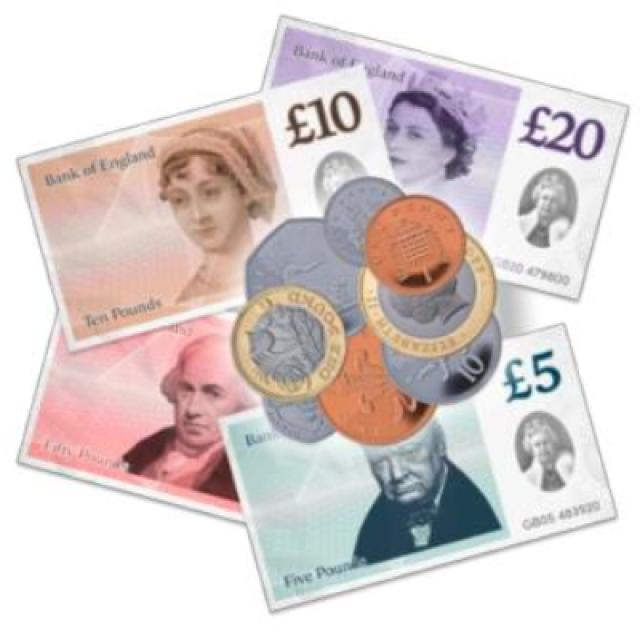
Sometimes you can get help to pay for your glasses. Ask your optician about vouchers for money off your glasses.
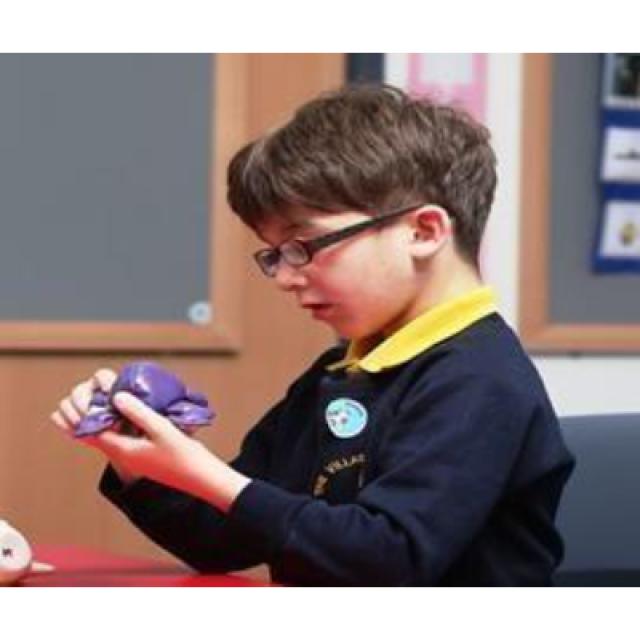
Your optician should tell you what you should wear your glasses for.
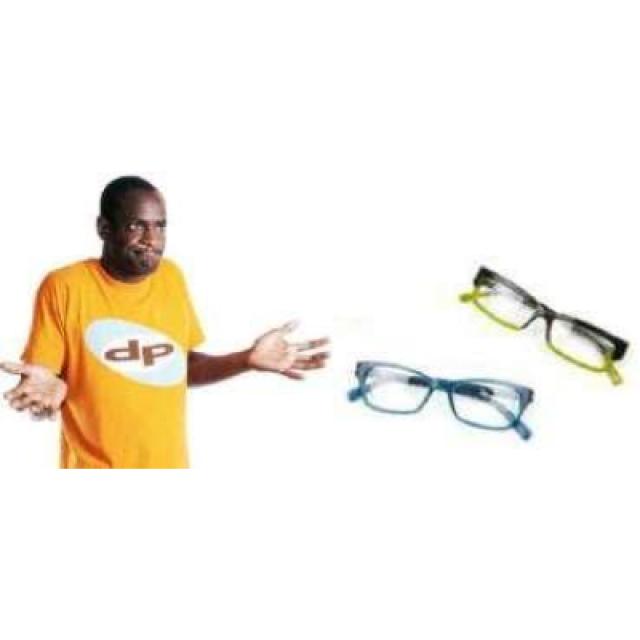
If you need two pairs of glasses, the optician should tell you how to pick the right pair for each activity.
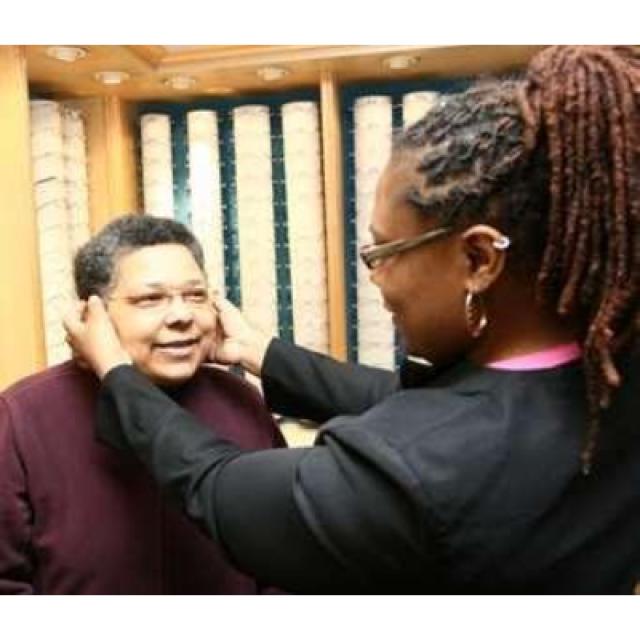
You should try on your new glasses when you collect them from the optician.

You should tell the optician straight away if your new glasses are not comfortable or if they don’t help you to see better.

If you have any problems with your eyes or your glasses at any time, take them back to the optician to ask for advice.
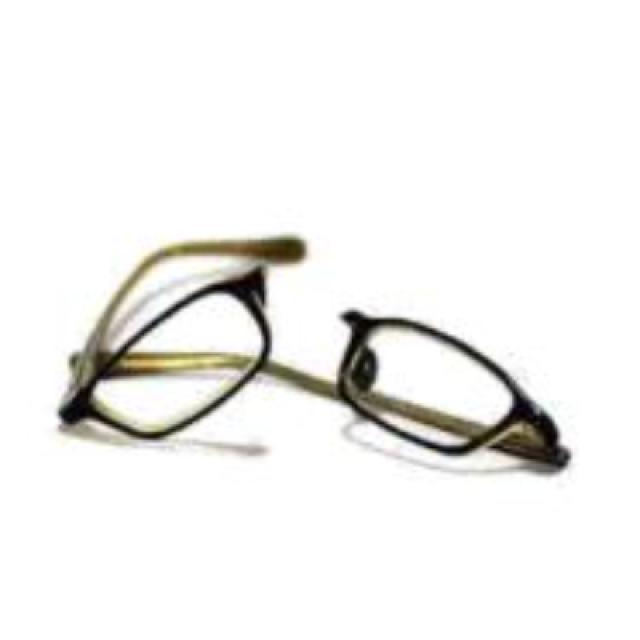
This could be:
If your glasses are broken.

If your glasses are uncomfortable to wear.

If you lose your glasses.

If you think your eyesight has got worse or your eyes hurt or ache or your head aches.
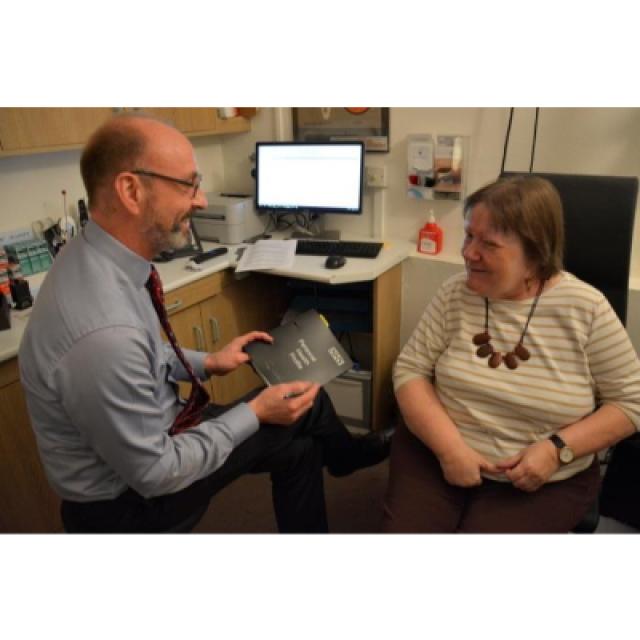
If you have a problem at any time:
Talk to your optician and tell them what the problem is.
See what advice the optician can give you.
If you are not happy with what the optician has done, you can complain. You can complain to the Optical Consumer Complaints Service (OCCS).
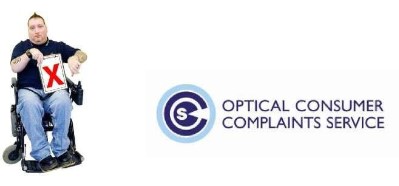

The OCCS will ask you about the problem. They will then contact the optician to see if they can
sort out the problem.
The OCCS is free to use.
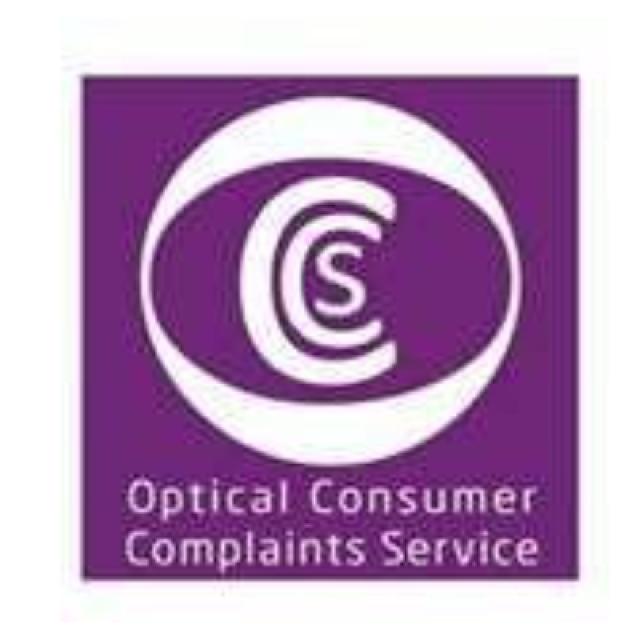
This is how you can contact the OCCS:
Telephone: 0344 800 5071
Email: enquiries@opticalcomplaints.co.uk
Website: www.opticalcomplaints.co.uk
Address: OCCS, 6 Market Square, Bishop’s Stortford, Hertfordshire, CM23 2UZ


